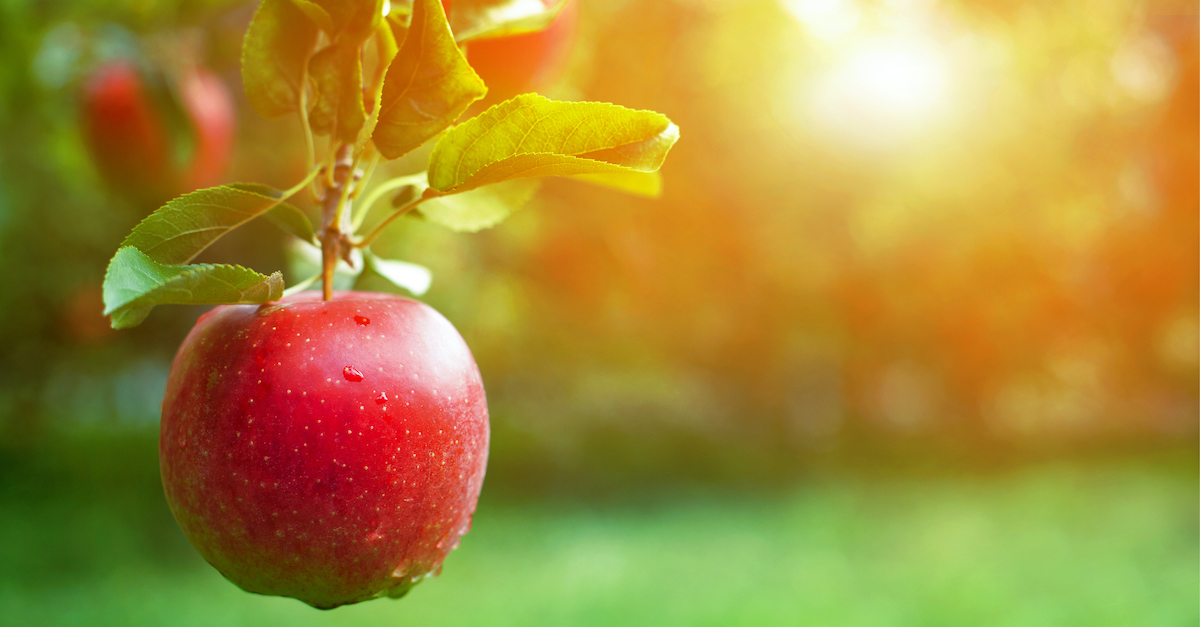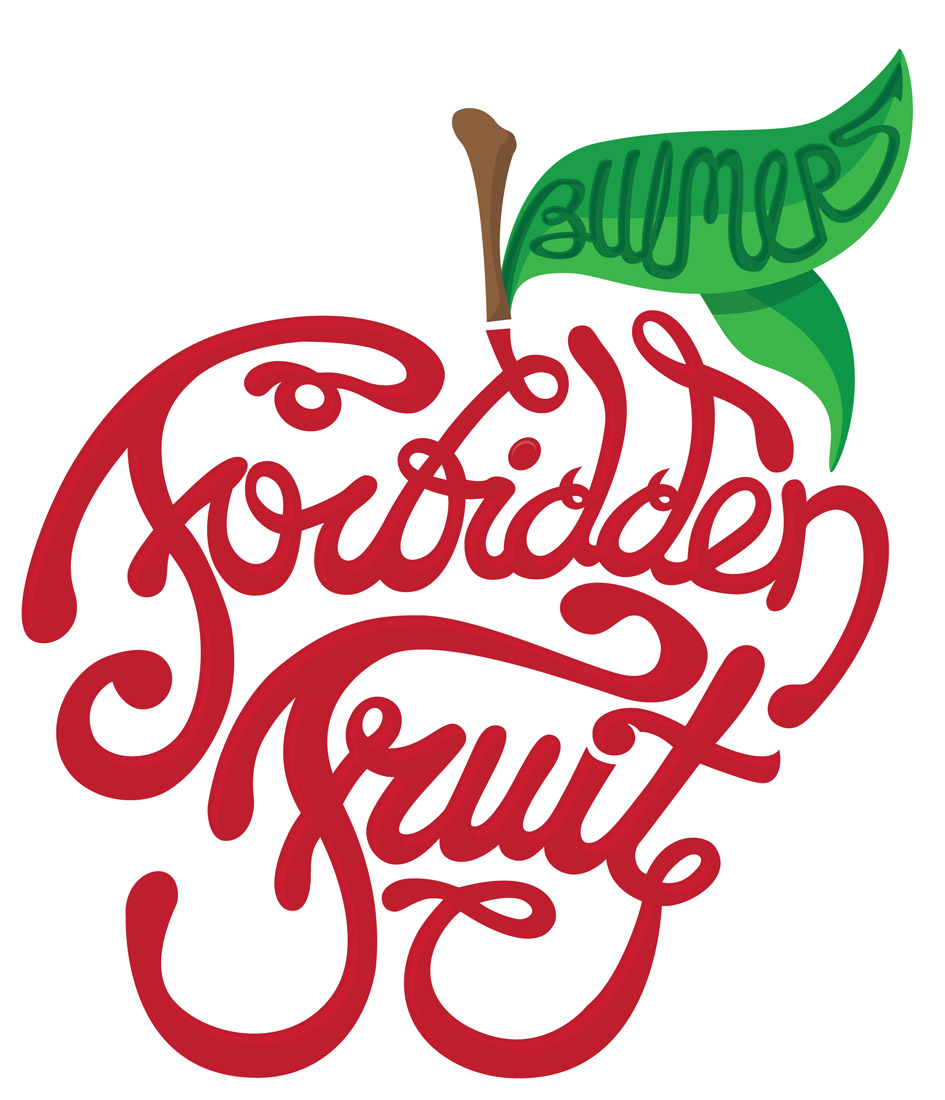


Mai and her friends are warned ahead of time by Shiho's grandfather never to open it, out of fear of unleashing a great evil. The sealed door at the Fuuka Shrine in My-HiME, episode 6.Aoshima is implied to lust after Belldandy because of this trope.Skuld wisely re-labels it "Please Touch Me", causing them to lose interest - at which point the ever-obliging Belldandy pushes the button.

In one of the Ah! My Goddess "Mini-Goddesses" adventures, Skuld labels a Big Red Button "Do Not Touch", and naturally, Gan-chan and Urd fight over who will press it first.This is how Skuld got "impregnated" with her angel.A human example, where ultra-popular "School Queen" Sayoko's interest in Keichii originally stemmed from his complete disinterest in her.A Cruel God Reigns: Ian falls for Jeremy, and seems to love him in a deeper way than anyone else he's been with over the course of the series, but not only is he his stepbrother, but he also killed his father and albeit accidentally, his stepmother.Compare and contrast Thought-Aversion Failure, when someone who is told not to think about something will inevitably think about it - involuntarily (because of the way our brains function), and Forced Meme, where a blatant attempt to make something popular fails due to not having that "mystique" that draws people in. Prime source of Cold Turkeys Are Everywhere, Do Not Do This Cool Thing, a "What's Inside?" Plot, and the Streisand Effect. See also Apple of Discord, Artifact of Attraction, Curiosity Killed the Cast, Don't Touch It, You Idiot!, Schmuck Bait, and Wanting Is Better Than Having. See Briar Patching when this trope is invoked by a character. The economic principles of scarcity may go a long way towards explaining this phenomenon. In his analysis of the Fairy Tale, The Morphology of the Folktale, Vladimir Propp concluded that the functions "prohibition" and "disobedience" really formed a single plot function - any prohibition was bound to be violated. (It is also theorized that the "forbidden fruit" of Genesis was actually a fig or a pomegranate, the forbidden Underworld food that did in Persephone, but that's another tale.) Because of this, see also Tempting Apple, when an apple is used to symbolize temptation, though not necessarily because it is forbidden. The trope takes its name from the Garden of Eden story in the Book of Genesis, where Eve is tempted into eating the Forbidden Fruit (an apple, according to Fanon), making this Older Than Feudalism. (Unless, of course, he is redeemed by the power of delicious fruit pies.) Used often in setting Booby Traps, where it becomes Schmuck Bait, when a villain intentionally takes advantage of the power of Forbidden Fruit to lure heroes to their doom. Needless to say, opening the forbidden door or acquiring the Forbidden Fruit leads to disaster 99.9% of the time. (They are particularly likely to be young.) More often than not, the characters know that going for it would be a stupid move they just can't help themselves. Frequently takes the form of a Pandora's Box they are not to open, a Big Red Button they are not to press, an experiment they are not to mess with, a person they are not allowed to be with ( romantically or otherwise) or even hear about, a potion they are not to taste under any circumstances, a Tome of Eldritch Lore containing dangerous forbidden knowledge that can drive one to madness, or a place nobody is supposed to ever visit.Ĭan be a result of Genre Blindness, but not usually, since the attraction of Forbidden Fruit is in and of itself contrary to logic. They feel they must have it only because they know they can't or shouldn't have it. Which door is someone more likely to try to open? It's not rocket science.įorbidden Fruit is a person, place, or thing which is absolutely irresistible to one or more characters, whose appeal lies solely in the fact it has been forbidden, prohibited, and declared unquestionably off limits. There are two closed doors right next to each other, identical in every way except one: One has a large KEEP OUT sign on it in bold, red letters.


 0 kommentar(er)
0 kommentar(er)
